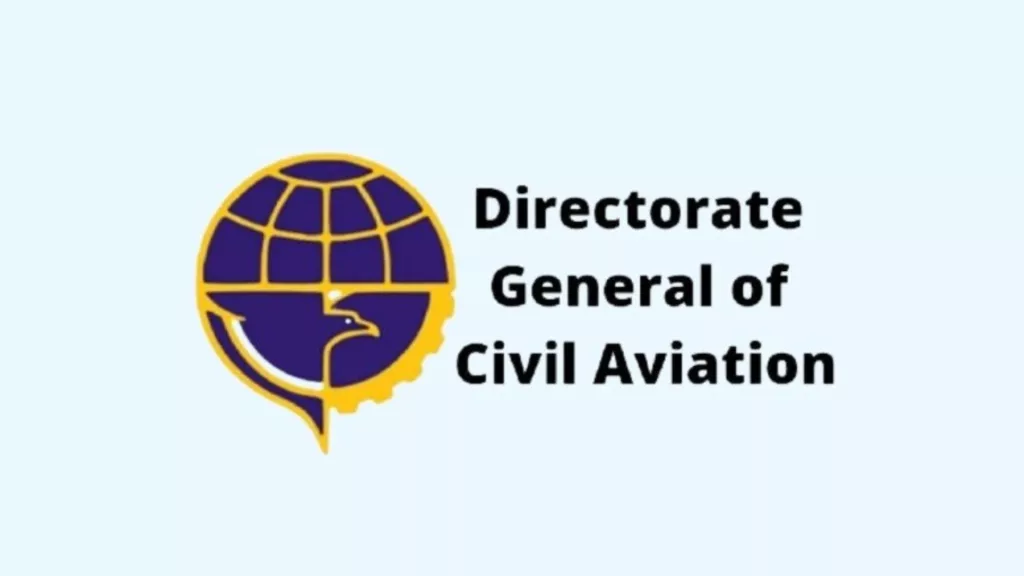New Delhi: The Directorate General of Civil Aviation (DGCA) has ordered a new set of Comprehensive Special Audits to enhance safety following the jolt to the country’s civil aviation sector in the wake of the tragic Air India crash in Ahmedabad.
Scope of the audits
The audit framework will cover the entire range of aviation entities, including scheduled and non-scheduled airlines, maintenance, repair and overhaul organisations (MROs), flying training schools, air navigation service providers, airport operators and ground handling agencies. The audit framework will be in addition to the regulatory audits being carried out as per the annual surveillance programme. It will also have more severe penalties for non-compliance that include grounding of airlines.
The process will unfold in three stages: a pre-audit phase lasting five to seven days, a three-to-five-day on-site audit, and a post-audit period of ten to fifteen days for analysis and follow-up. Entities audited are required to submit corrective action plans within 15 days of receiving findings. The DGCA will closely monitor the implementation of these plans.
The regulator has deployed multidisciplinary audit teams led by senior officials and supported by subject matter experts drawn from various domains within aviation. These teams are conducting rigorous inspections.
Also ReadDGCA issues show-cause notice to Air India over exceeding crew duty hrs
The primary focus areas included Safety Management Systems (SMS), operational efficiency, adherence to regulatory frameworks, and crew and resource management protocols.
Stricter penalties for non-compliance
According to officials, the audit was triggered by a range of factors, including aviation accidents, serious incidents, recurring non-compliance issues, as well as findings flagged by the International Civil Aviation Organisation (ICAO).
The process will unfold in three stages: a pre-audit phase lasting five to seven days, a three-to-five-day on-site audit, and a post-audit period of ten to fifteen days for analysis and follow-up.
Findings from these audits will be classified based on Level 1 for immediate safety risks, Level 2 for significant but non-critical issues, and a third category for long-term observations.
Entities audited are required to submit Corrective Action Plans (CAPs) within 15 days of receiving findings. The DGCA will closely monitor the implementation of these plans.
The DGCA has made it clear that failure to comply with audit recommendations could attract penalties such as suspension of operations or even cancellation of licences in cases of violation of safety norms.
Get the latest updates in Hyderabad City News, Technology, Entertainment, Sports, Politics and Top Stories on WhatsApp & Telegram by subscribing to our channels. You can also download our app for Android and iOS.

